
AeroGenie - مساعد الطيار الذكي الخاص بك.
الرائج الآن
Categories
Inside Fraport’s Digital Factory: AI and Automation Shaping the Airport of the Future
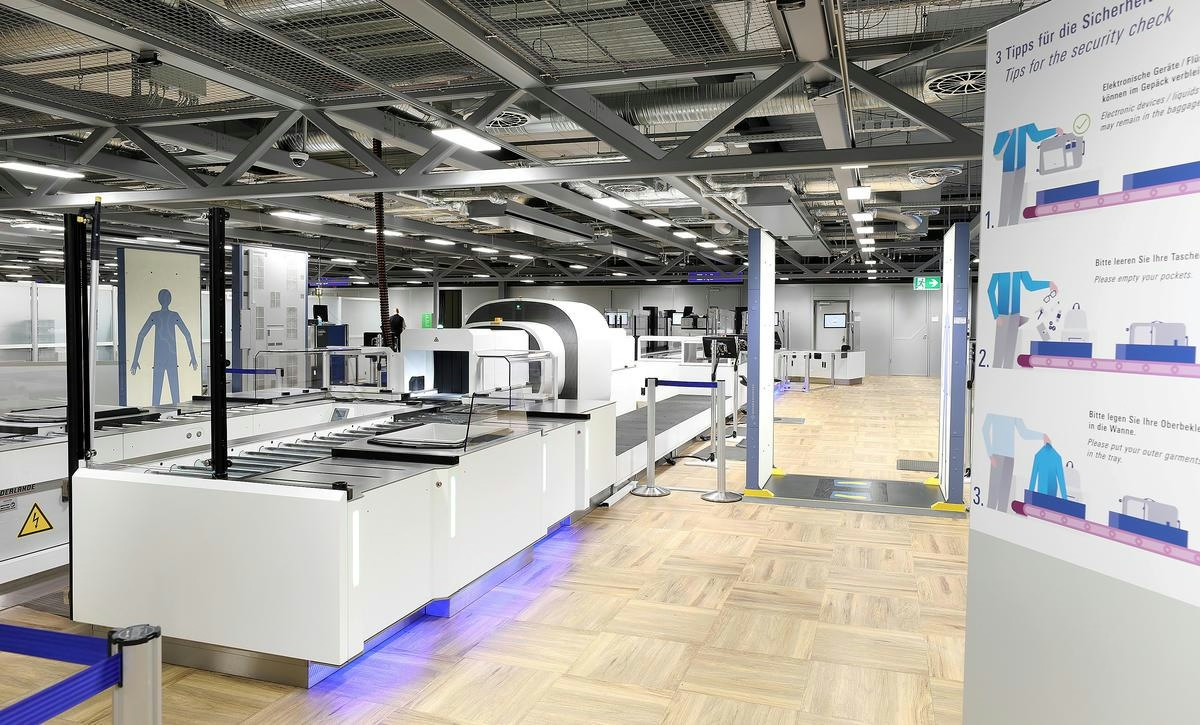
Inside Fraport’s Digital Factory: AI and Automation Shaping the Airport of the Future
Frankfurt Airport is undergoing a profound transformation driven by artificial intelligence, automation, and a commitment to open innovation. Central to this evolution is Fraport’s Digital Factory, a virtual organizational unit that functions as an internal “solution partner” for both Frankfurt Airport and the operator’s international facilities. Claus Grunow, Vice President of Corporate Strategy and Digitalisation at Fraport AG, recently provided insights into how emerging technologies are enhancing operational efficiency, empowering employees, and enabling the company to adapt to global shifts in the aviation industry.
Driving Digital Transformation Through Innovation
Fraport has already distinguished itself as the first airport globally to implement regular walkthrough security scanners, significantly improving the passenger experience. Yet, the ambitions of the Digital Factory extend far beyond this achievement. Its primary mission is to accelerate digital transformation across all facets of Fraport’s operations by identifying and integrating best-in-class technology partners and solutions.
A cornerstone of this initiative is the AI@Fraport program, launched two years ago. This program encompasses a range of operational improvements, including AI-powered chatbots designed to support staff. Currently, two major projects are underway. The first focuses on turnaround management, aiming to predict and coordinate all ground processes necessary to expedite aircraft turnaround times. The second project targets the dispatching of ground handling crews. With an annual passenger volume of 62 million and thousands of ground staff, Fraport currently employs ten individuals dedicated to dispatch. The company estimates that 80 to 90 percent of these tasks could be automated through AI, thereby freeing personnel to concentrate on more complex responsibilities.
Balancing Automation with Ethical Considerations
Despite the strong emphasis on automation, Fraport’s strategy explicitly rejects the use of AI as a means to reduce headcount. Grunow underscored this ethical stance, stating, “One of our major ethical guidelines is that we are not using AI to substitute any employee.” Instead, automation is viewed as a tool to manage increasing demand while maintaining stable staffing levels. This approach allows the company to accommodate growth without expanding its workforce.
Fraport has also been instrumental in shaping ethical standards for AI deployment. During the COVID-19 pandemic in 2020, the company collaborated with the state of Hessen to develop AI guidelines that subsequently influenced federal and European Union regulations. Grunow highlighted the rapid pace of AI development, noting, “You get more than one new large language model every week. It’s a question of how you can set a framework.”
Challenges and Competitive Pressures
The integration of AI and automation is not without its challenges. The Digital Factory continuously grapples with managing AI-related risks, ensuring model quality, and maintaining trust and safety. Market skepticism persists, particularly among smaller businesses concerned about the high costs and uncertain returns on AI investments. Meanwhile, competitors are advancing rapidly. Lufthansa, for example, has made substantial investments in AI with the goal of streamlining operations and reducing its workforce by 4,000 jobs—a stark contrast to Fraport’s commitment to preserving employment levels.
As airports worldwide accelerate efforts to modernize, Fraport’s Digital Factory exemplifies the complex interplay of technology, ethics, and innovation. It serves as a model for how AI and automation can be harnessed thoughtfully to shape the airport of the future.

FAA Extends Engine Pylon Airworthiness Directive to DC-10

Why United Airlines Continues to Use the Boeing 777-300ER in 2025

Dubai Airshow 2025: Key Aircraft and Conference Highlights
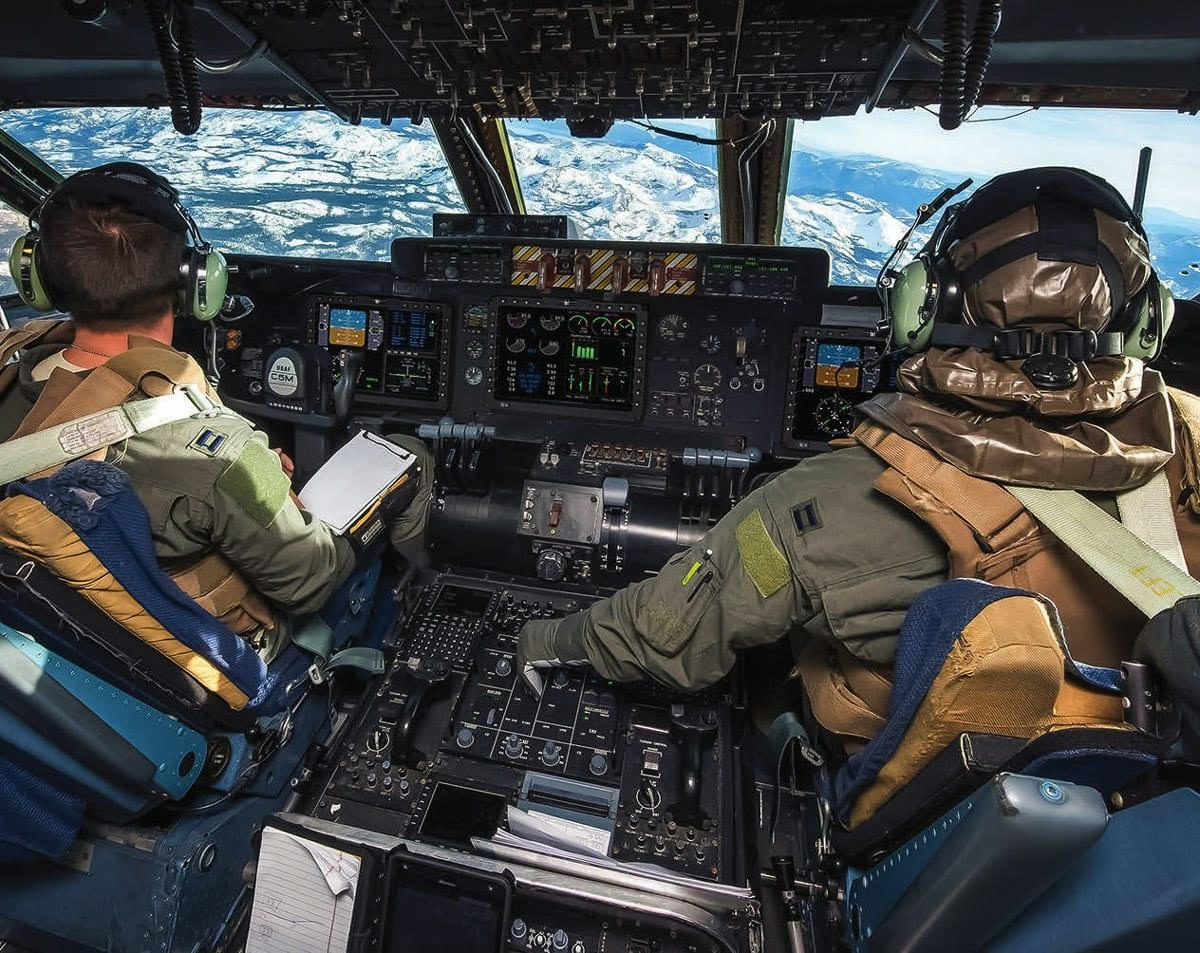
Defense Aviation Adopts Commercial Innovations
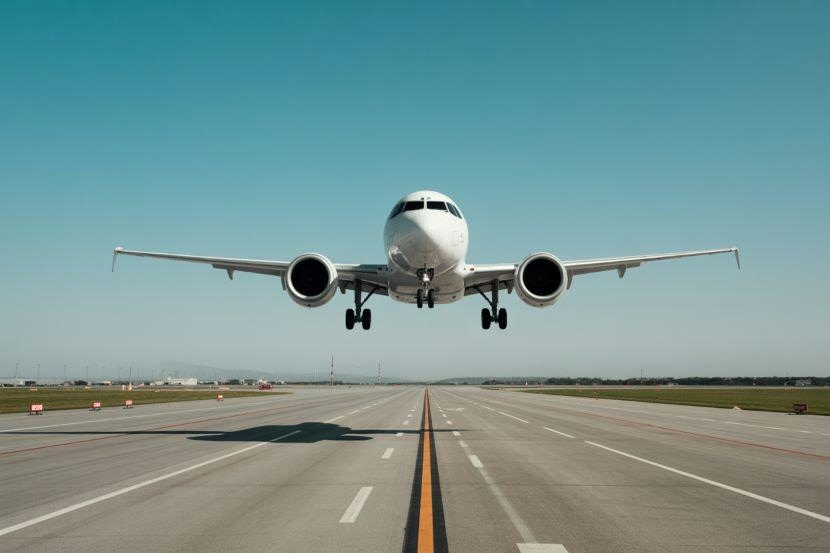
MedAire’s Alert Platform Enhances SolitAir’s Role in Aviation Security Innovation

India Faces Shortage of 30,000 Pilots Amid Growing Fleet, Aviation Minister Calls for Urgent Training
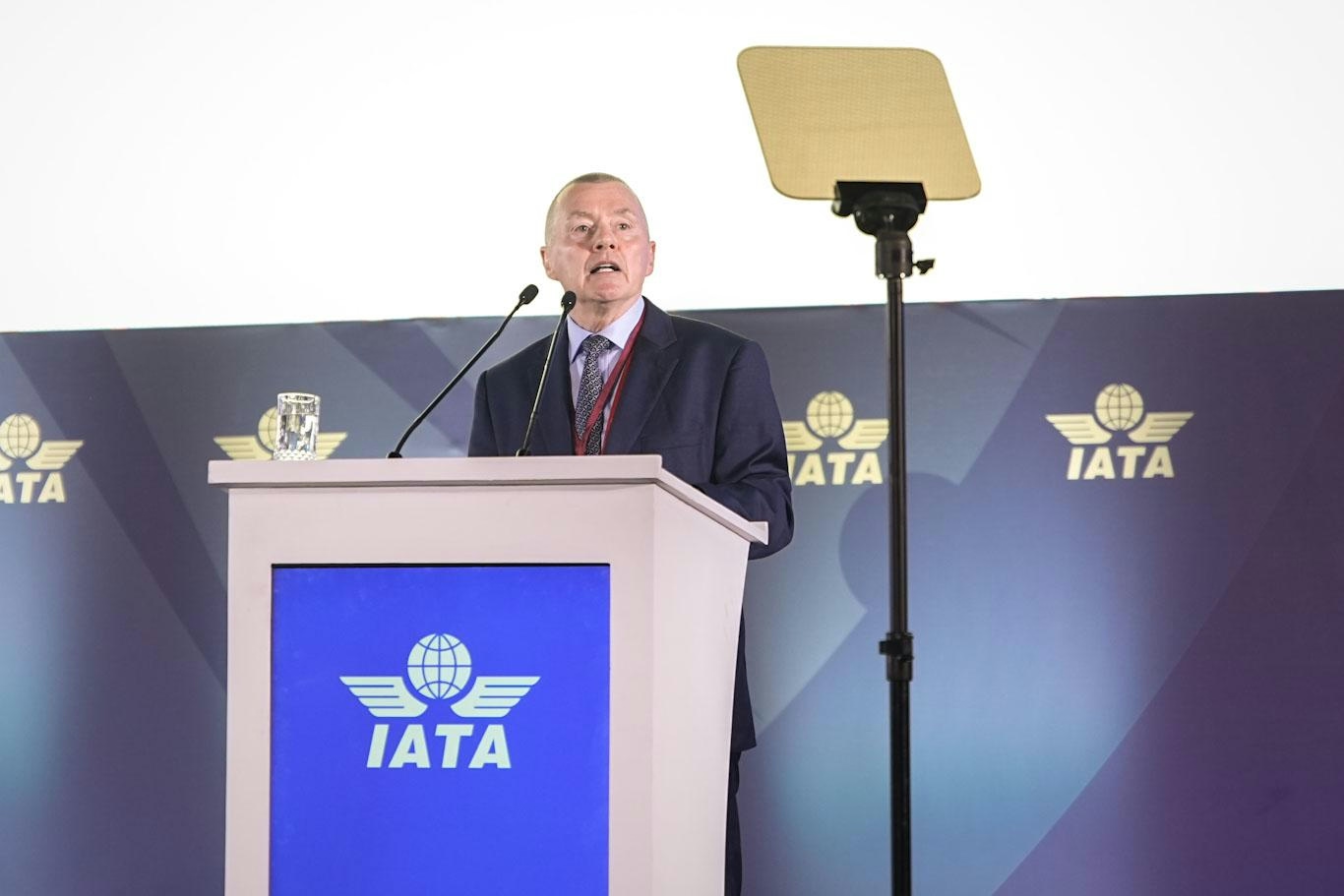
IATA Chief Calls for Fair Compensation for Airlines Amid Supply Chain Challenges
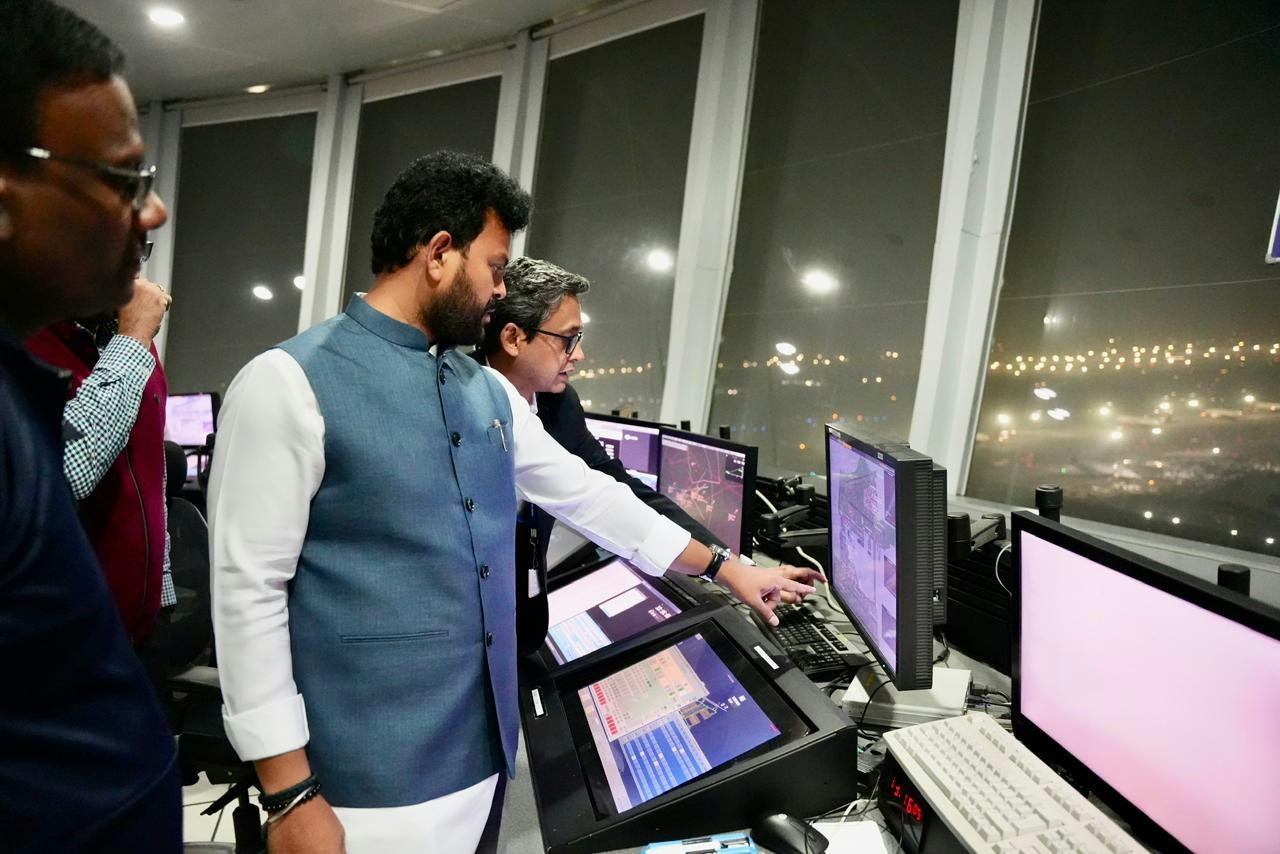
AAI Unveils Pavilion Highlighting India’s Aviation Advances at IITF 2025
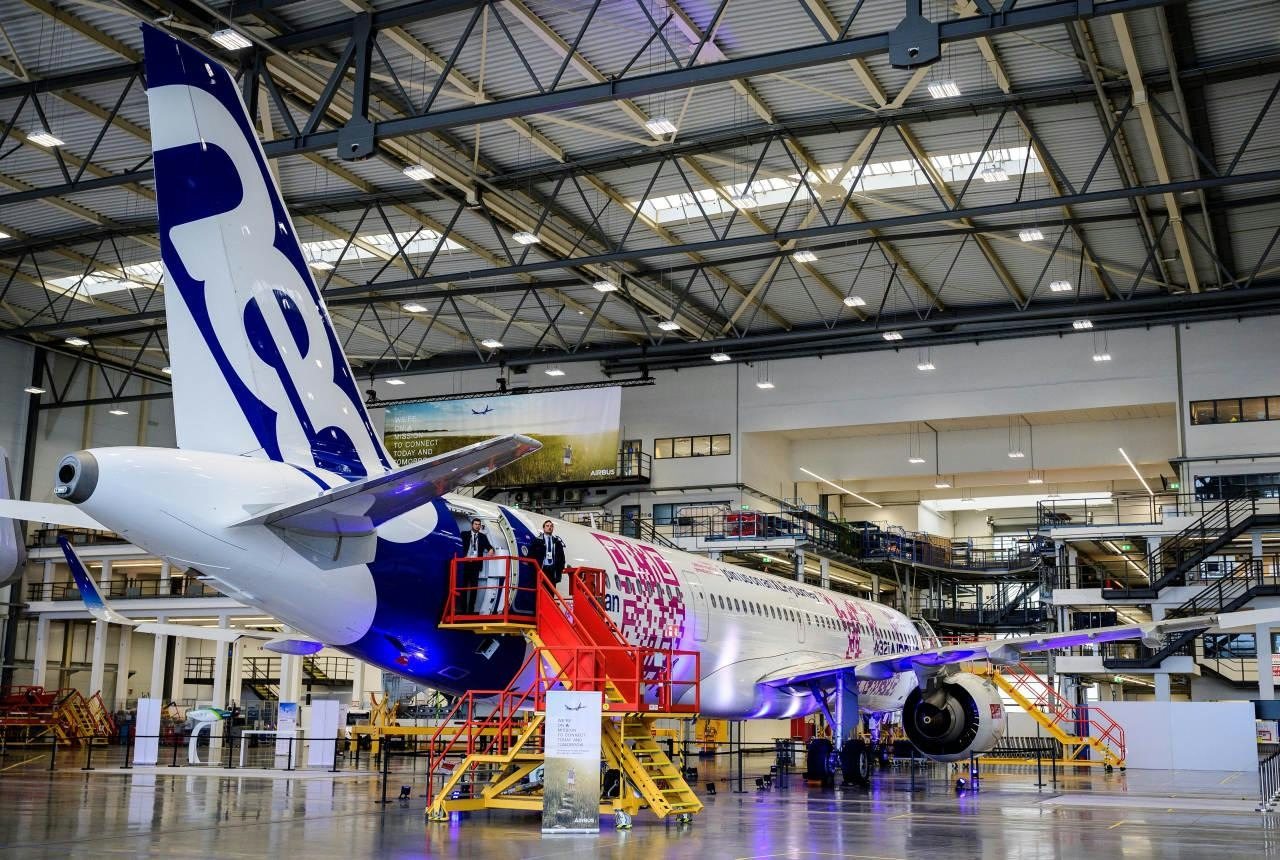
Airbus Projects Asia-Pacific Will Need Nearly 20,000 New Planes Over 20 Years
